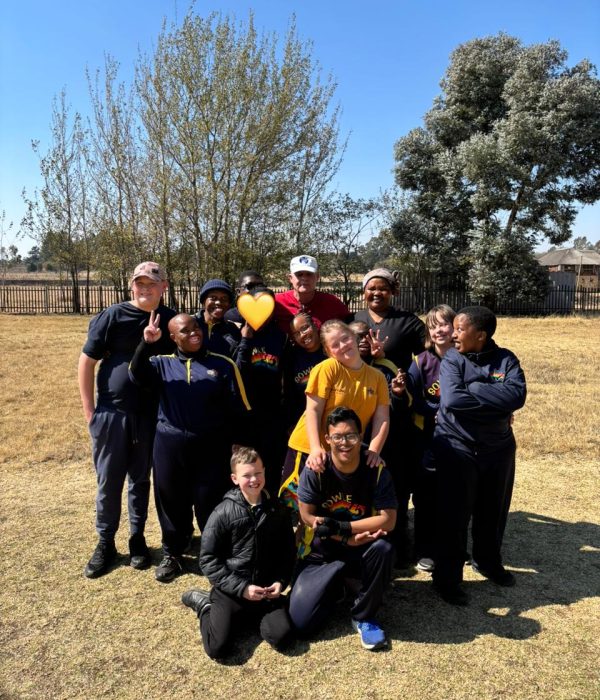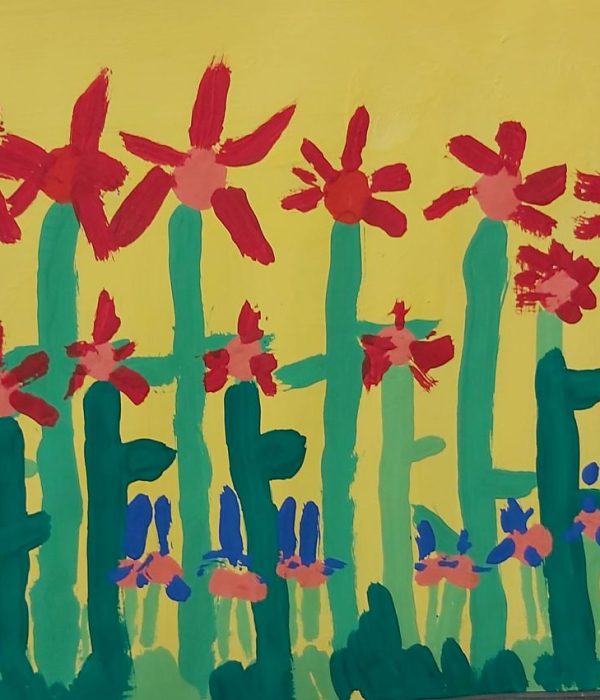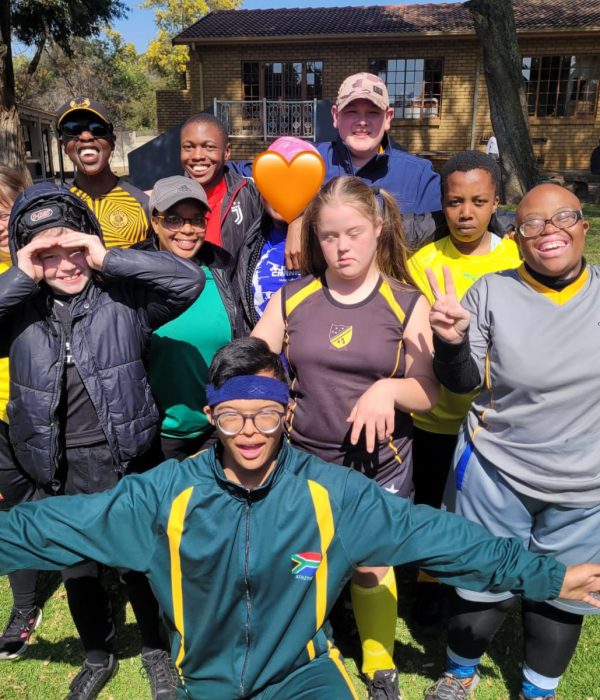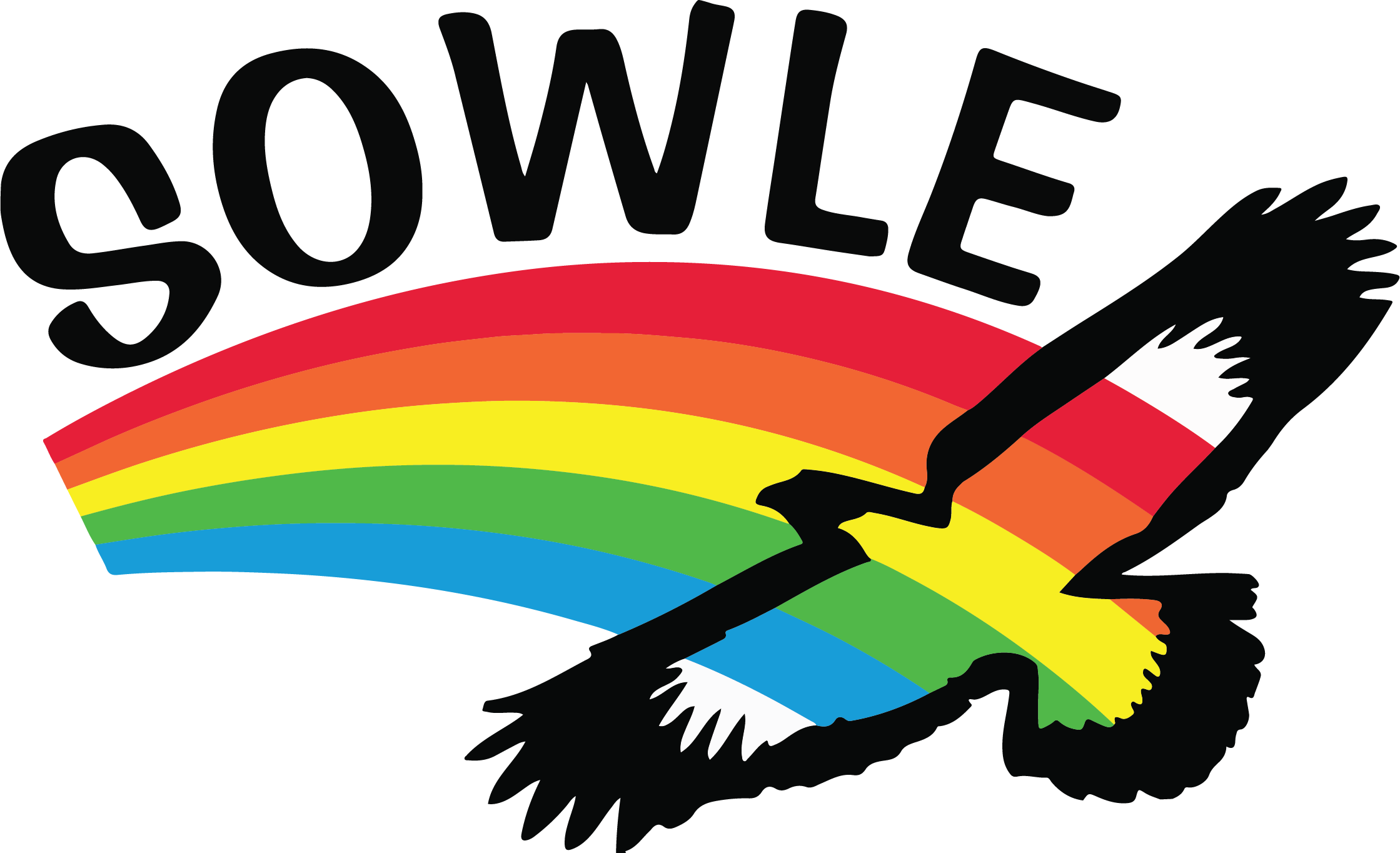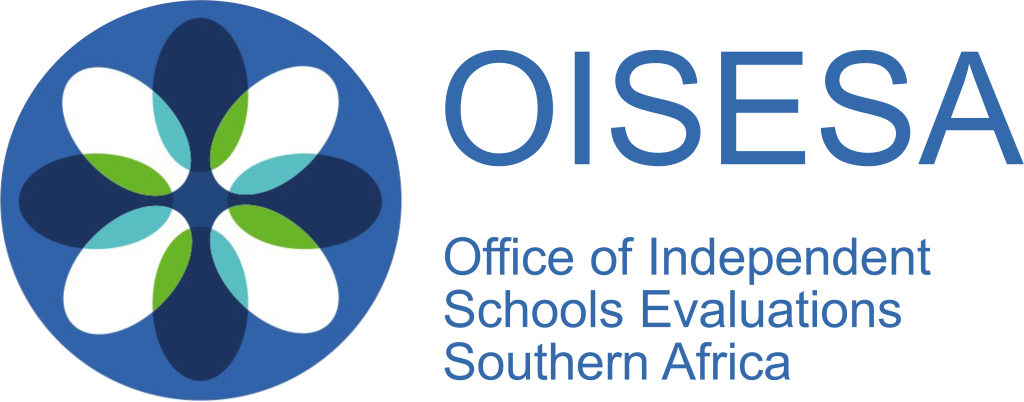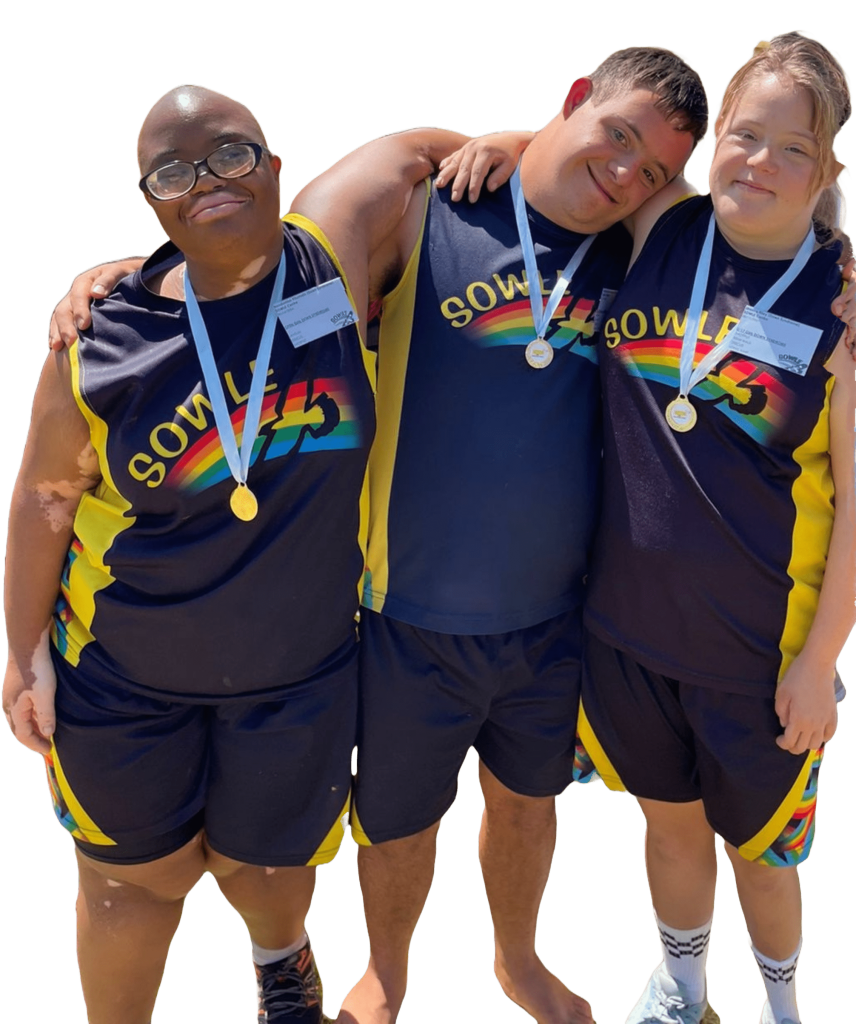Curriculum
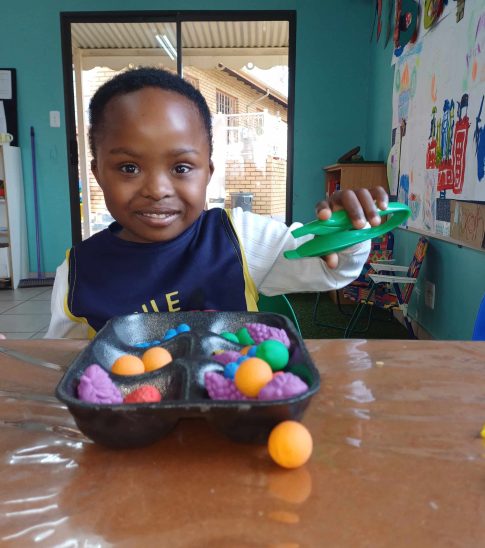
The Unique Child
We recognize that every child is inherently capable, resilient, and unique. Our staff understands that each child has their own set of interests, communication styles, and learning preferences. Throughout the day, we carefully observe, discuss, assess, and plan activities to ensure that every child’s individual needs are met.
We are dedicated to providing equal opportunities for all children, regardless of their cultural background or gender. We believe in fostering an inclusive environment where boys and girls are encouraged to explore all areas of the curriculum. For example, girls are encouraged to use construction toys to enhance their mathematical skills, while boys are encouraged to participate in role-play activities to develop language skills and cultivate caring attitudes.
Environment
Situated in the serene Benoni Small Farms area of Gauteng, SOWLE offers abundant space for growth and exploration. Our tranquil plot provides the perfect backdrop for outdoor play and hands-on learning experiences, complementing the activities conducted within the classroom.
Unlike traditional classroom layouts, our classrooms are designed to accommodate various learning areas, each equipped with resources tailored to meet individual learning objectives. Whether engaging in group activities or pursuing independent learning, students are encouraged to explore and interact with their surroundings.
Moreover, our Aftercare facilities provide a seamless extension of the learning day, offering a dedicated space for continued exploration and play. With access to a variety of resources and activities, children have the opportunity to further reinforce their learning while enjoying supervised fun after school hours.
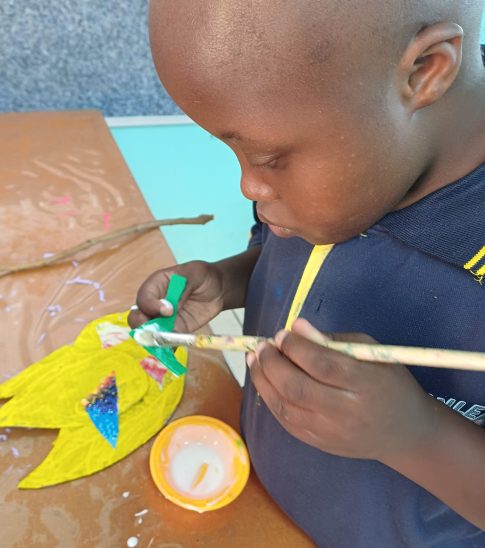
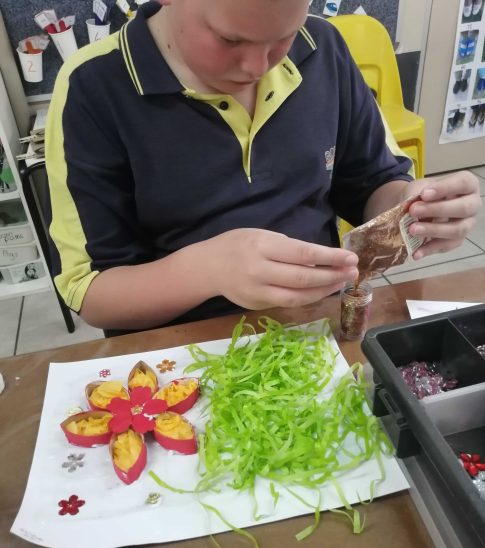
Learning Areas
At SOWLE Centre, our curriculum is based on the English Early Years Foundation Stage (EYFS), ideal for children with Down Syndrome and other special needs. It prioritizes hands-on, play-based learning and caters to individual interests.
As children progress, we focus on achieving outcomes aligned with EYFS principles, promoting Every Child Matters. These include safety, health, enjoyment, achievement, contribution, and economic well-being, directly correlating with South Africa’s National Curriculum Statement.
- Social Justice
- Healthy Environment
- Human Rights
- Inclusivity
- Learning Areas
Development
The Learning and Development is made up of six areas. All the areas of Learning and Development are connected to one another and are equally important. The six Areas of Learning and Development together make up the skills, knowledge and experiences appropriate for babies and children as they grow, learn and develop. These six areas are planned for daily, in order to provide children with activities both inside and outside based on their individual development and needs. Children develop rapidly during the early years physically, intellectually, emotionally and socially. They are entitled to provision which supports and extents knowledge, understanding, skills and confidence, and helps them overcome any disadvantage.
The areas of Learning and Development are
- Personal, Social and Emotional Development
- English Home Language
- Mathematics
- Life Skills
- Physical Development
- Creative Arts
